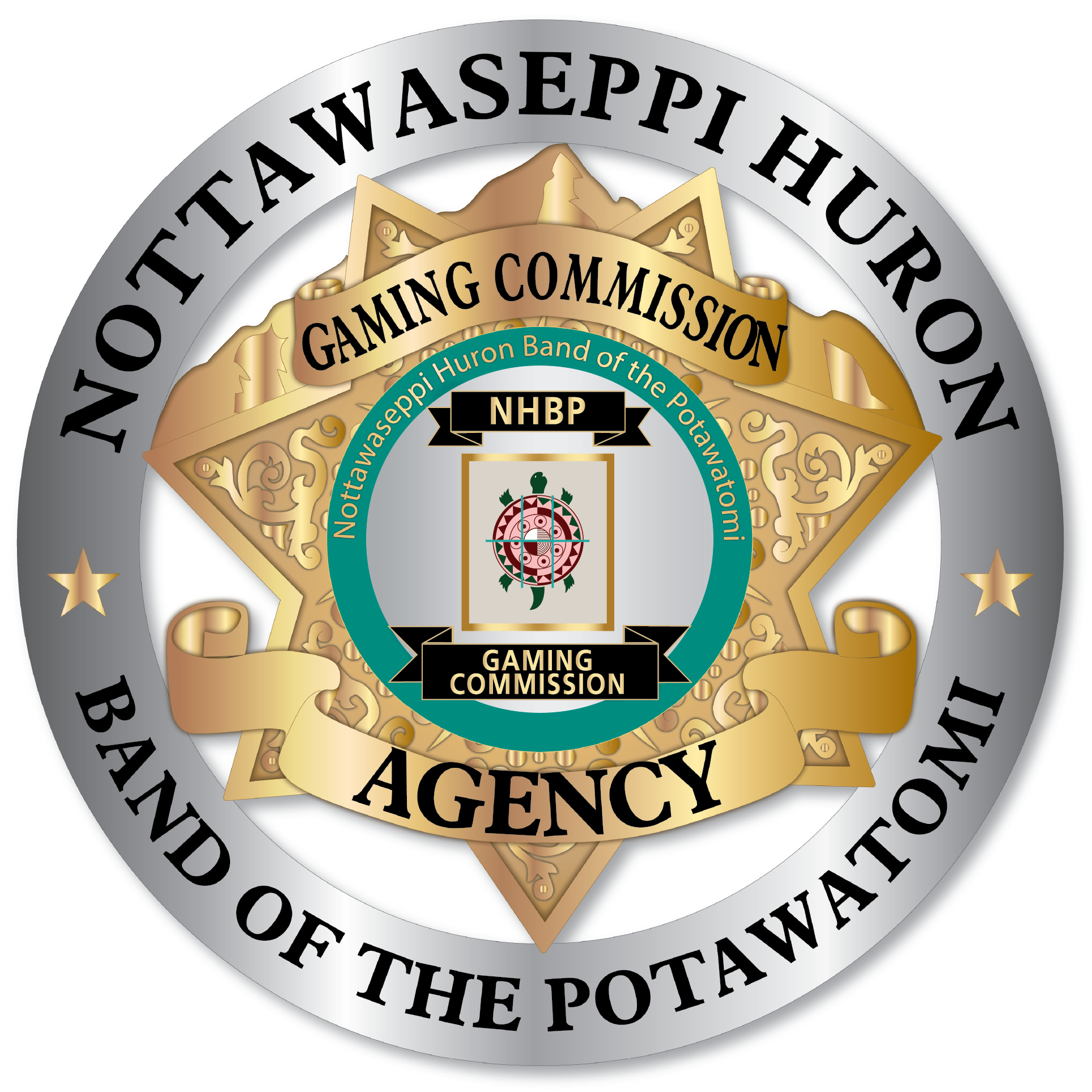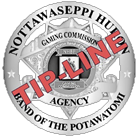Commissioners
Appointed by Tribal Council, the Commissioners are entrusted with a pivotal role in upholding the integrity and accountability of the Tribe’s gaming operations. Their primary responsibility is to oversee the Gaming Agency’s activities, ensuring that all gaming conducted within the Tribe’s Reservation adheres to the highest standards of compliance with the chapter, regulations, the Indian Gaming Regulatory Act, and the Compact. The Commissioners are vested with the authority to select the Executive Director, review and approve regulations, and adjudicate appeals, including matters related to licensing and administrative decisions. Additionally, the Commissioners possess the power to engage in dispute resolution, conduct oversight hearings, and establish an annual budget for their operations. Their multifaceted duties embody their commitment to ensuring the fair and secure operation of gaming activities on the Tribe’s Reservation.
Administrative
The Administrative department handles the administrative functions of the Agency, including record-keeping and facilitating communication between the Agency, other regulatory bodies, law enforcement, and gaming operations. The Administrative department manages various hearing requests, including those related to licensing, reinstatement after an exclusion, and guest disputes. The Executive Director is responsible for overseeing Agency operations, including managing Agency staff and budget development. The Executive Director also ensures that all operations, including investigations, legal proceedings, gaming compliance, dispute resolution, and enforcement of the NHBP Gaming Regulatory Act and other relevant laws, are conducted efficiently and in accordance with applicable regulations and policies.
Audit and Compliance
The Audit department is responsible for auditing the procedures and control systems of Firekeepers Casino Hotel to determine compliance with Tribal, Federal, and State regulations and applicable laws, as well as the Casino’s internal policies and procedures. The Audit Department assesses the effectiveness of internal controls, accuracy of financial records, and efficiency of all gaming and non-gaming functions. Audit assists with safeguarding tribal assets as well as the integrity of all functions within FireKeepers Casino Hotel.
The Compliance department is responsible for ensuring Firekeepers Casino Hotel is following all regulatory, departmental and company policies & procedures, and internal controls. Compliance is also responsible for compiling, sorting, and reviewing casino documents on a regular basis, while maintaining compliance files including incident documentation, analyzed data, reports and violations. Compliance assists with safeguarding tribal assets as well as the integrity of all functions within FireKeepers Casino and Hotel.
Investigations
The Investigations Department within the NHBP Gaming Agency acts as the eyes and ears of the regulatory body, making observations, conducting research, and drafting reports to ensure that the casino, its staff, and guests adhere to all relevant laws, rules, and regulations. A substantial part of this research includes the assessment and endorsement of the software responsible for operating the casino’s slot machines. The Investigations Department operates 24 hours a day, 7 days a week. This continuous presence enables Investigations to assist the Auditing and Licensing Departments in the gathering of information to better facilitate ongoing audits and licensing actions. This continuous presence also ensures that guests and members of the public have access to a representative of the Gaming Agency should they wish to self-exclude or submit a gaming dispute.
Licensing
The Licensing Department conducts background investigations on all casino employees, gaming vendors, non-gaming vendors, and facilities licensing. The Licensing department processes license applications, conducts interviews, and assesses background checks to determine suitability for all applicants. Each casino employee must successfully pass a comprehensive background investigation to work at Firekeepers Casino Hotel.
Information Technology
The IT department is serves as the central hub for ensuring the Gaming Commission and Agency’s seamless operations. IT manages day-to-day functions of computer systems, networks, and interfaces. Moreover, our team assists with IT audits of the casino to uphold compliance standards, reviewing both internal and external audits.


